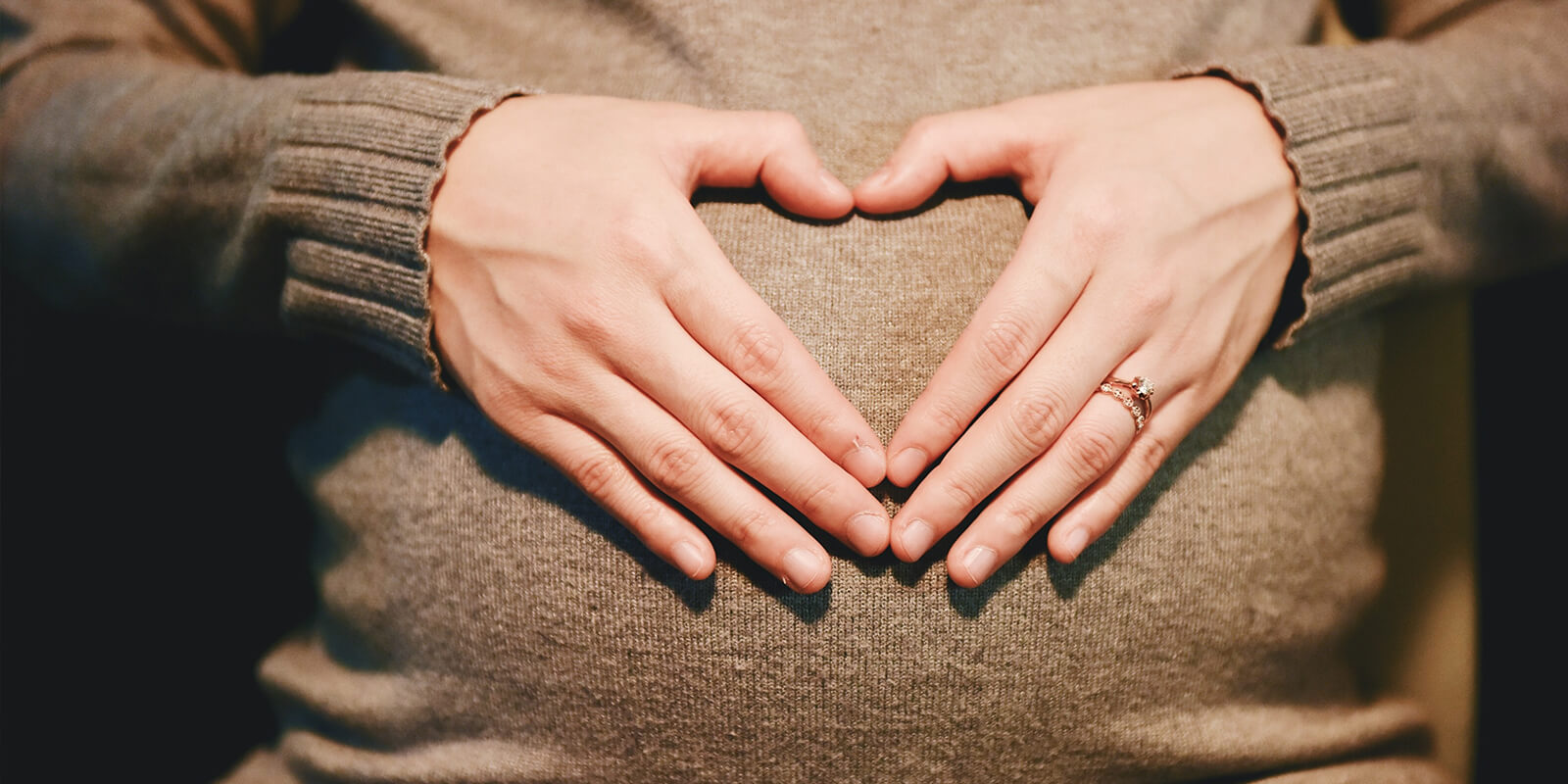Is Uterine Lining Important for Conceiving?
The health of the endometrial lining, a crucial factor in female fertility, is measured by its thickness at different stages of the menstrual cycle. During menstruation, it typically ranges from 1 to 4 millimeters. In the proliferative phase, when the uterine lining is rebuilding, it should measure between 5 and 7 millimeters. As the secretory phase begins, preparing for a potential embryo, the thickness ideally ranges from 7 to 16 millimeters. In menopause, the lining becomes thinner, aiming for 5 millimeters or less.

Understanding these measurements is vital because the endometrial lining plays a pivotal role in pregnancy. It provides a nourishing environment for a fertilized egg to implant and develop. Abnormalities in the uterine lining, whether too thin or too thick, can hinder conception and increase the risk of miscarriage. Achieving and maintaining the right thickness throughout the menstrual cycle is essential for women trying to conceive. This emphasizes the intricate dance of hormones and phases that the endometrial lining goes through, intricately linked to a woman's fertility journey.
Is It Possible to Get Pregnant with Thick/Thin Uterine Lining?
Yes, but with a lower pregnancy rate. The thickness of the endometrial lining is crucial for a successful pregnancy, and statistics emphasize its significant impact. If the lining is too thin, with a measurement of ≤6 mm, the chances of pregnancy drop to 28.6%. A thin lining may lack the necessary support for the embryo to implant securely, possibly due to reduced blood flow and nutrient availability.
Conversely, if the lining is excessively thick, measuring >16 mm, pregnancy rates rise to 67.7%, but this comes with its own set of challenges. An overly thick lining, indicative of endometrial hyperplasia, can lead to hormonal imbalances and hinder the implantation process. Moreover, it may interfere with proper placental development, elevating the risk of miscarriage.
In summary, achieving the ideal endometrial thickness is vital for successful embryo implantation and early development. Both too thin and too thick linings present challenges to the implantation process, contributing to fertility issues or an increased risk of miscarriage. Monitoring and maintaining optimal thickness are essential considerations for those aspiring to embark on a healthy pregnancy journey.
What Can I Do to Improve My Uterine Lining?
Here are some strategies to maintain a healthy uterine lining:
1. Optimal Hydration:
Begin by ensuring you maintain optimal hydration levels. Ample water intake supports robust blood flow to the uterus, creating a conducive environment for embryo implantation.

2. Nutrient-Dense Diet:
Focus on a diet rich in nutrients, particularly those known to support uterine health. Include foods high in vitamin E, vitamin C, and omega-3 fatty acids to enhance the thickness of the uterine lining.
Related product: Cranberry with Vitamin C&E (60 Softgels)
3. Supplements for Uterine Health:
Consider supplements under the guidance of a healthcare professional. L-arginine and vitamin E are known to promote uterine health, contributing to improved blood flow and tissue thickness.
4. Gentle Exercise:
Incorporate regular, moderate exercise to encourage healthy blood circulation. However, avoid excessive workouts, as they may divert blood flow away from the uterus.
5. Maintain a Healthy Weight:
Achieving and sustaining a healthy weight is critical. Both being underweight and overweight can disrupt hormonal balance, impacting uterine lining thickness.

6. Reduce Stress:
Prioritize stress management through practices like mindfulness, yoga, or meditation. Chronic stress can affect hormones, potentially influencing uterine health.
Related product: Myo & D-Chiro 40:1 Inositol (90 Capsules)
8. Avoid Smoking:
If applicable, quit smoking as it can adversely affect fertility, including thinning the uterine lining. This step contributes to overall reproductive health.
9. Professional Guidance:
Consult with healthcare professionals or fertility specialists for personalized advice. They can conduct assessments and recommend interventions tailored to your specific situation.
10. Fertility-Friendly Lubricants:
When necessary, choose lubricants that are fertility-friendly, ensuring they do not interfere with sperm motility or the uterine environment.
Remember, individual responses vary, and seeking professional guidance ensures personalized recommendations based on individual health and fertility requirements.
This article is the original creation of Femometer. All rights reserved by Femometer Inc. To reproduce, distribute, or reference the content, please reach out to us in advance to prevent any potential legal issues. Copyright © Femometer Inc.









